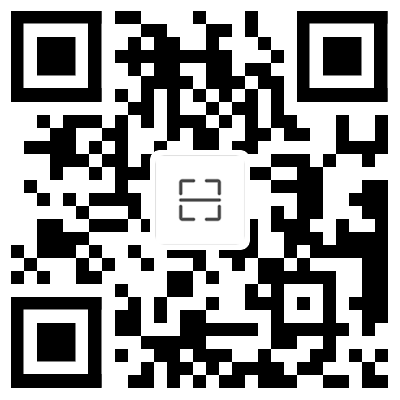英语问题(关于情态动词造句) need,can,must,may,have toCan you speak 你会讲英语吗?You can’t play basketball.你不能玩篮球。I have to take Bill to hospital.我必须带比尔去医院Do you have to give up eating ice cream?你必须放弃吃冰淇淋吗?No,I don’t have to,but I must eat less of it.不,我不必,但是我必须少吃一点。We must finish our homework every day.我们每天都必须完成作业否定形式mustn’t表示“不应该”、“不可”、“不许”You mustn’t tell her about it.你一定不要把这事告诉她You may take whatever you like.你喜欢什么就拿什么。She may not know about it.她可能不知道这件事。Need I come?Yes,you must.-我需要来吗?需要You needn′t telephone him now.你现在不必打电话给他

情态动词造句 用may、would、should、can造句,一个否定,一个肯定,每个单词造两个句子。1.You may come anytime you want.Student may not sleep in class 2.I would go 。

用情态动词造句. we could do the work.you shuold go to school.she might stay at home.I will go shopping tomorrow.he ought to do his homework.my parents have to work hard to earn。

用情态动词can造句 I can work it out.我能把它做出来.记住后面加动词原形就行了.
情态动词造句 1.Can you help me with that?请求This can be very profitable.-推测He can finish that project by himself.-能力2.could 都行。套用即可。3.may 都行。4.might 不能用于请求。5.must 不能用于请求。也不能用于能力。he must 是必须的意思。6.need 三个都不行。7.shall 不能用于能力。8.should 同 need。9.will 都可以。10.would 都可以。
用5个情态动词造句各2句翻译 5个情态动词:must,can(could),may(might)should wouldI can/could carry both suitcases.我可以搬动两个箱子。They can/could hardly have intended to do that.他们几乎不可能愿意做那事May I take a swim?Yes,you may.我可以去游泳吗?是的,你可以。I asked her if I might leave.我问她我可不可以离开。It may rain this afternoon.今天下午可能会下雨。We must keep our word.我们必须遵守诺言。You must be very tired.你一定很累了。We shall arrive tomorrow.我们明天到。You shall leave now.你现在该离开了。He said he would come.他说他要来。Will you help me with this package?您愿意帮我搬一下这包裹吗?He would eat nothing.他什么也不愿吃。
情态动词造句+意思, 情态动词用法归纳情态动词有can(could),may(might),must,have to,shall(should,will(would),dare(dared),need(needed),ought to等.情态动词无人称和数的变化;不能单独使用,必须与其后的动词原形构成谓语一、can,could1)表示能力(体力、知识、技能).Can you lift this heavy box?(体力)Mary can speak three languages.(知识)Can you skate?(技能)此时可用be able to代替.Can只有一般现在时和一般过去式;而be able to则有更多的时态.I’ll not be able to come this afternoon.当表示“经过努力才得以做成功某事”时应用be able to,不能用Can.如:He was able to go to the party yesterday evening in spite of the heavy rain.2)表示请求和允许.Can I go now?Yes,you can./No,you can’t.此时可与may互换.在疑问句中还可用could,might代替,不是过去式,只是语气更委婉,不能用于肯定句和答语中.Could I come to see you tomorrow?Yes,you can.(No,I’m afraid not.)3)表示客观可能性(客观原因形成的能力).They’ve changed the timetable,so we can go by bus instead.This hall can hold 500 people at least.4)表示推测(惊讶、怀疑、不相信。

